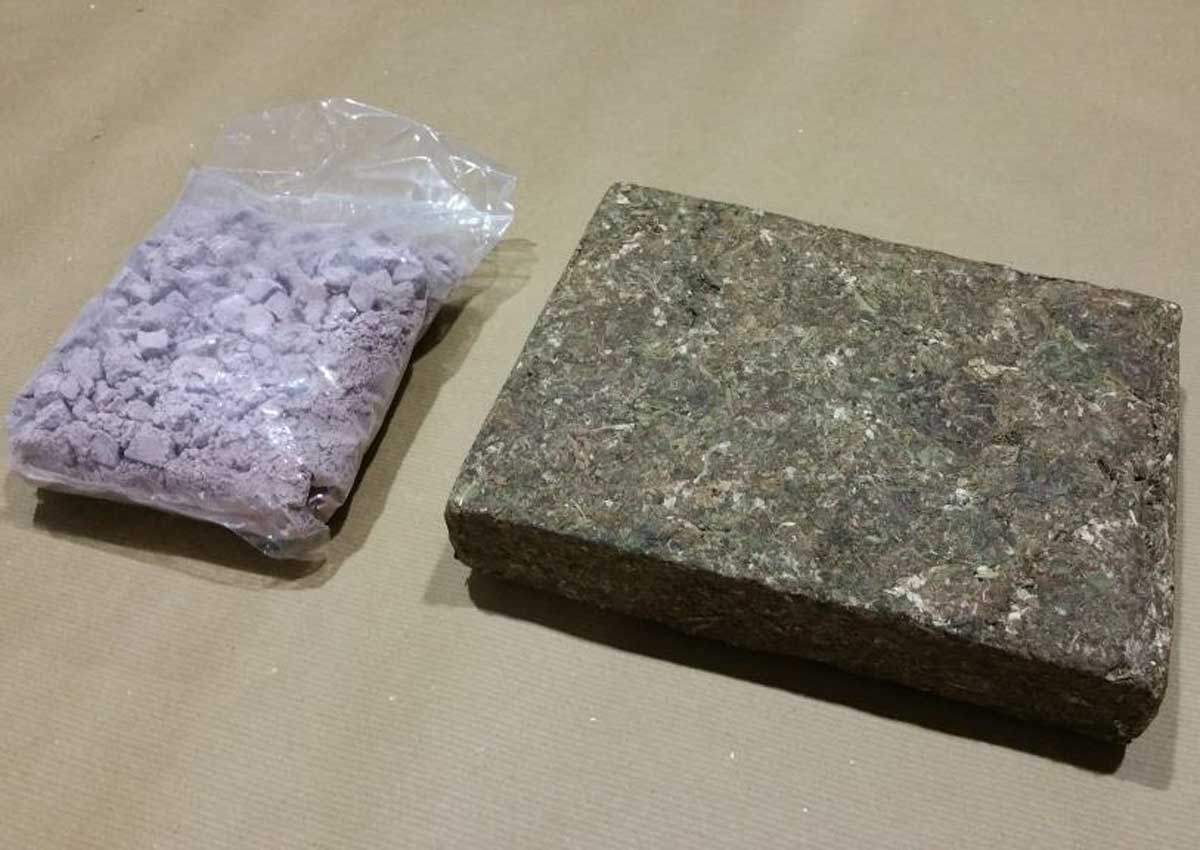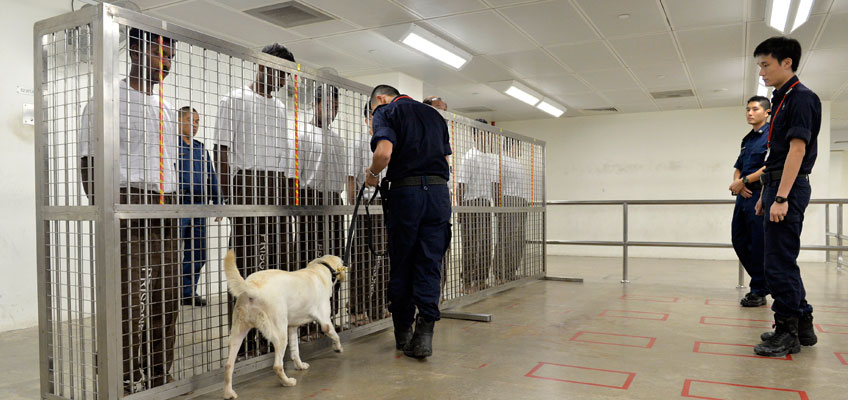UNITED NATIONS – Singapore on Wednesday blasted widespread calls to make the worldwide fight against illicit drugs less punitive, using a major meeting at the United Nations to argue that a “soft approach” would cause a flood of narcotics to the island state.
Singapore is well-known for punishing drug-related offenses with harsh penalties including death. In contrast, European delegates railed against the idea of executing people for drug infractions.
“We believe that drugs will destroy our society,” said Singapore Minister for Home Affairs and Law K. Shanmugam.
“With 200 million people traveling through our borders every year, and given Singaporeans’ purchasing power, a soft approach will mean our country will be washed over with drugs.”
Shanmugam was addressing a special three-day session of the 193-nation General Assembly called by Colombia, Guatemala and Mexico to discuss the global war on drugs, which Latin American countries say has failed.
It is the first major U.N. review of the issue since 1998.
No major decisions are expected this week. But many delegates hope to nudge the world a few steps closer to an anti-drug strategy that stresses human rights and public health rather than repression.
Latin American and European delegates said Singapore, China, Thailand, Iran and Russia were among the strongest opponents of the trend toward decriminalizing illegal substances like marijuana. One senior European diplomat said a shrinking minority of countries supported a continued hard line.
After Shanmugam left the U.N. podium, Danish Health Minister Sophie Lohde blasted the idea of executing people for drug offenses and complained that a declaration adopted by the assembly on Monday did not explicitly call for an end to capital punishment in such cases.
“The government of Denmark deeply regrets that the outcome document does not address the abolition of the death penalty for drug-related crimes,” she said.
“Denmark is opposed to the death penalty in all circumstances.” Lohde’s attack on capital punishment received a burst of applause and was echoed by other European delegates.
On Monday, Mexican President Enrique Pena Nieto told the U.N. gathering his country would soon legalize marijuana for medical purposes.
Shanmugam insisted that Singapore’s tough approach has yielded positive results, and dismissed claims by Latin American and European delegates that scientific evidence showed the futility of harsh drug policies.
“Singapore is relatively drug-free, and the drug situation is under control,” he said.
“There are no drug havens, no no-go zones, no drug production centers, no needle exchange programs.”
He added that in the 1990s Singapore arrested more than 6,000 drug users per year, a figure that has dropped to around 3,000 annually.
Some 80 percent of Singapore’s prisoners are incarcerated for drug-related offenses.




































